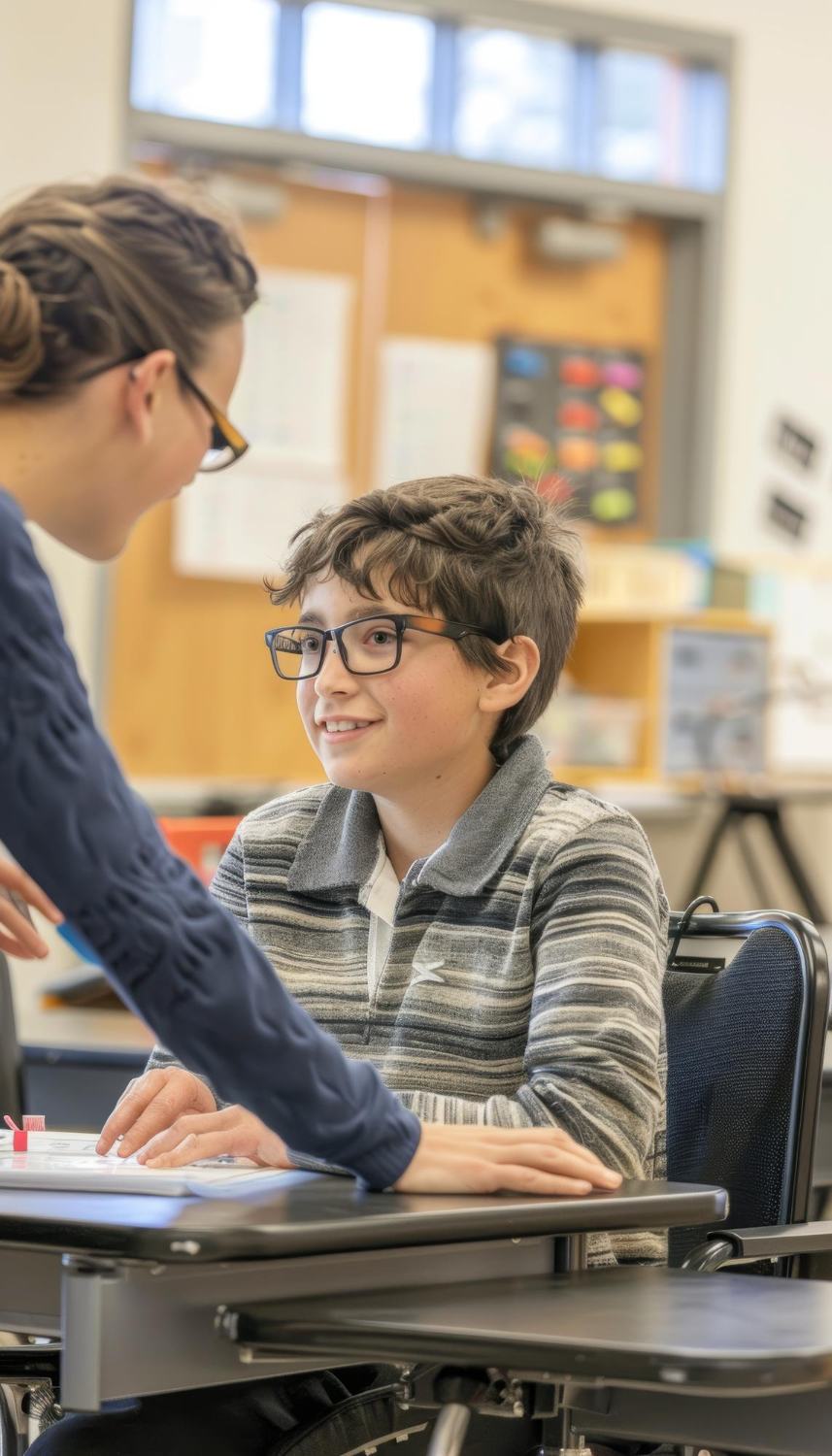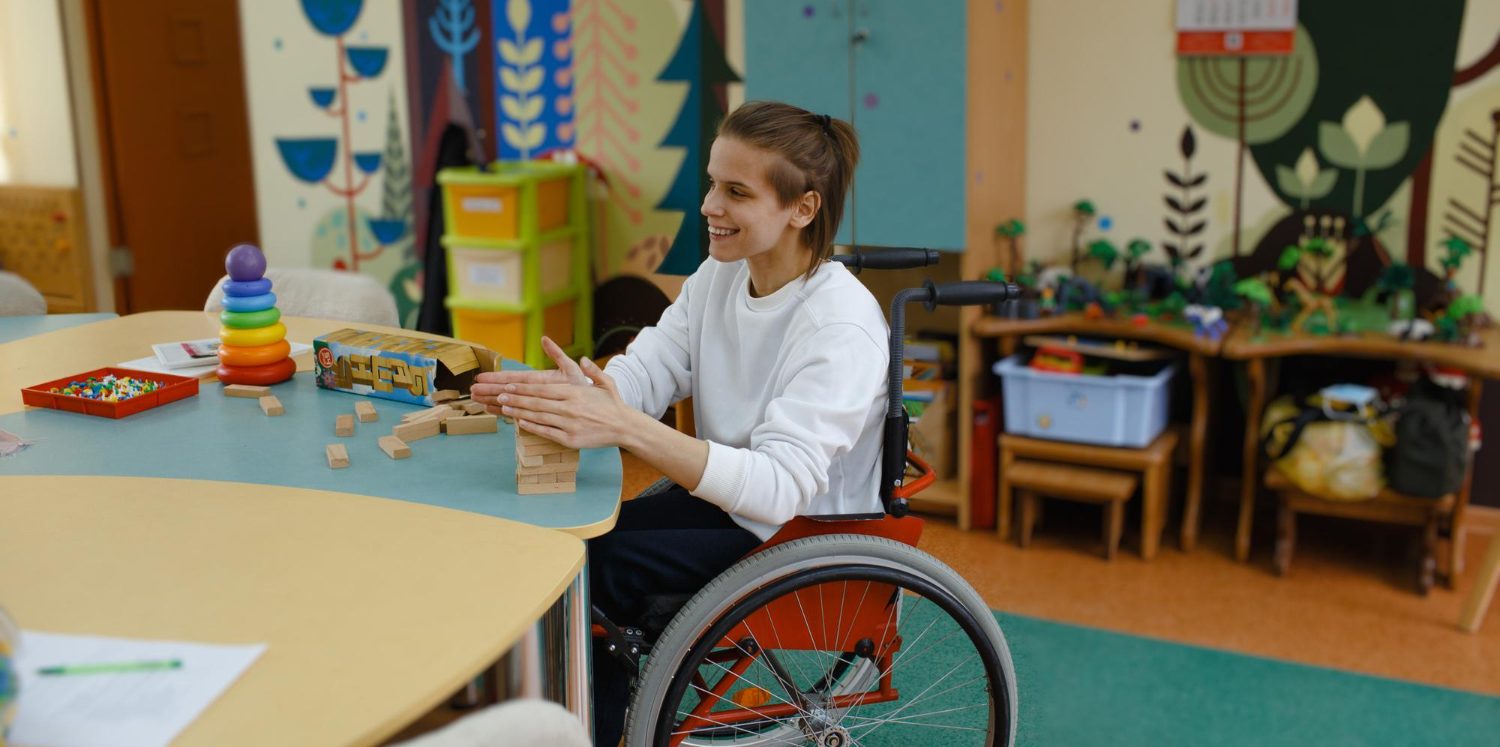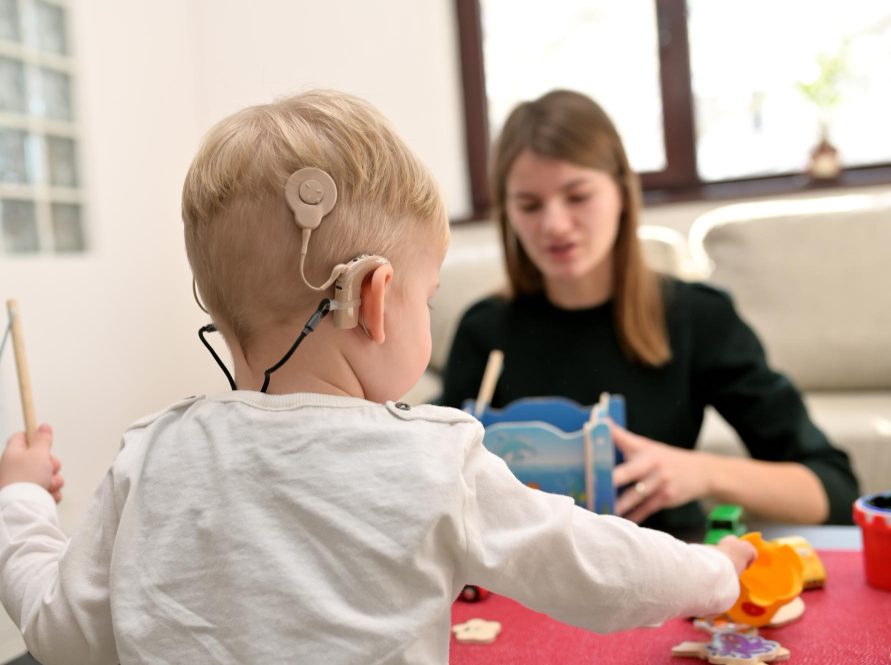Are you thinking of becoming a Special Educational Needs and Disabilities (SEND) Teacher? SEND School Teacher jobs that involve working with young people who have extra learning needs can be very rewarding. To give you a better insight into what is expected of you, we interviewed a SEND Teacher who has progressed into a Special Educational Needs Coordinator (SENCO) role:
How long have you been in your role?
I’ve spent the last four years as a SENCO and before that I was a classroom-based SEND Teacher for approximately ten years, working with a range of children from reception up to Year Six.
What did you do before you were a SEND Teacher?
After graduating from university, I did my Teacher Training – that’s how I started down this career path.
What was your qualification route?
I became a qualified Teacher and then did my National Award for SENCO through Canterbury Christ Church University. That constitutes the first year of the Masters. You can then do another two years of study if you wish, but my job was challenging enough. Being a full-time working mum and trying to do a Masters was not on my agenda at the time.








